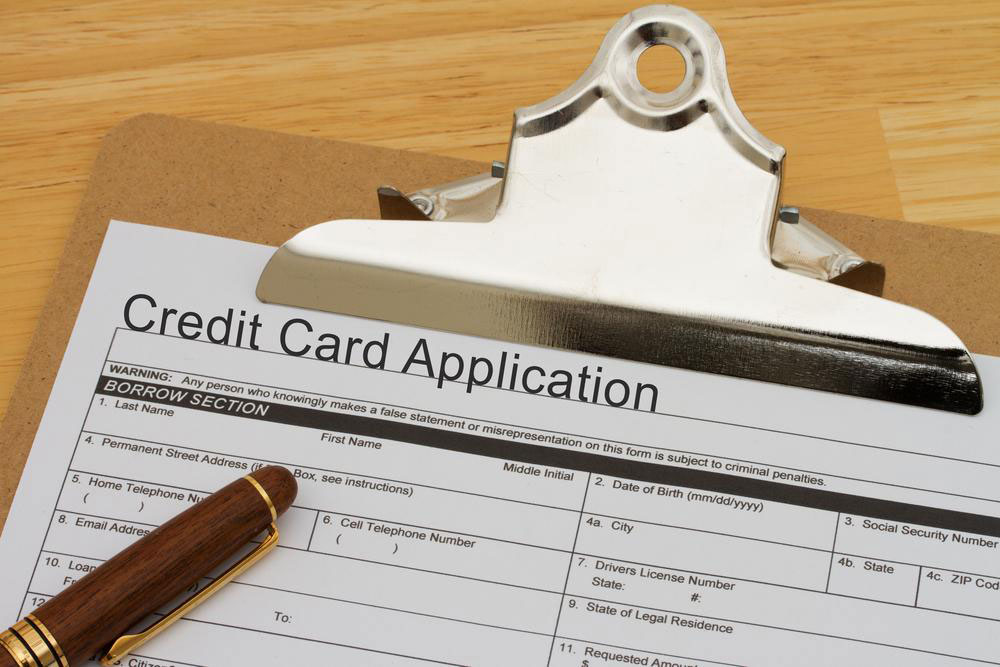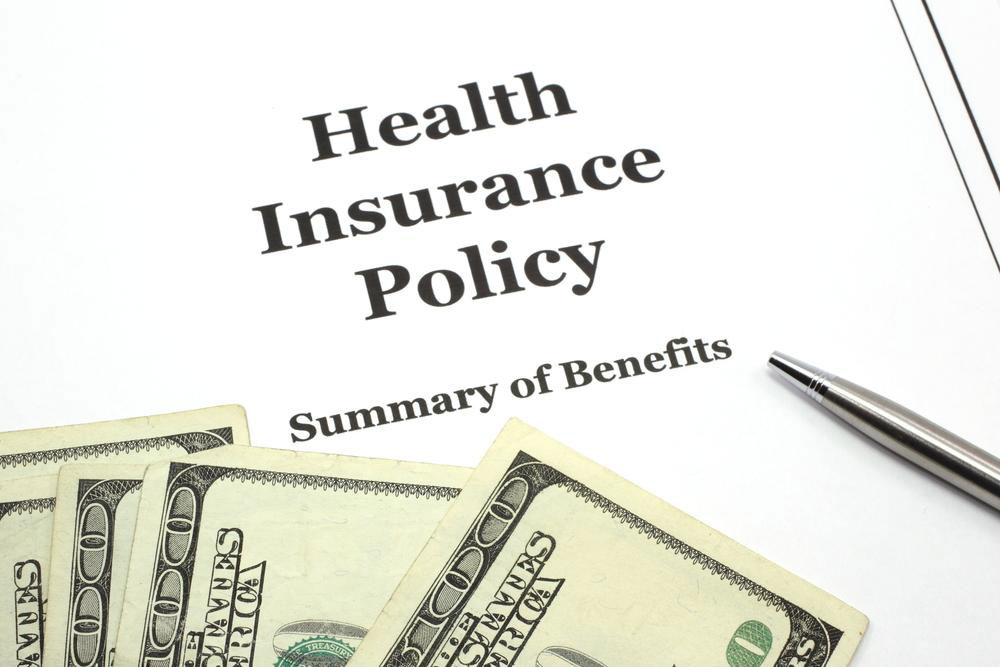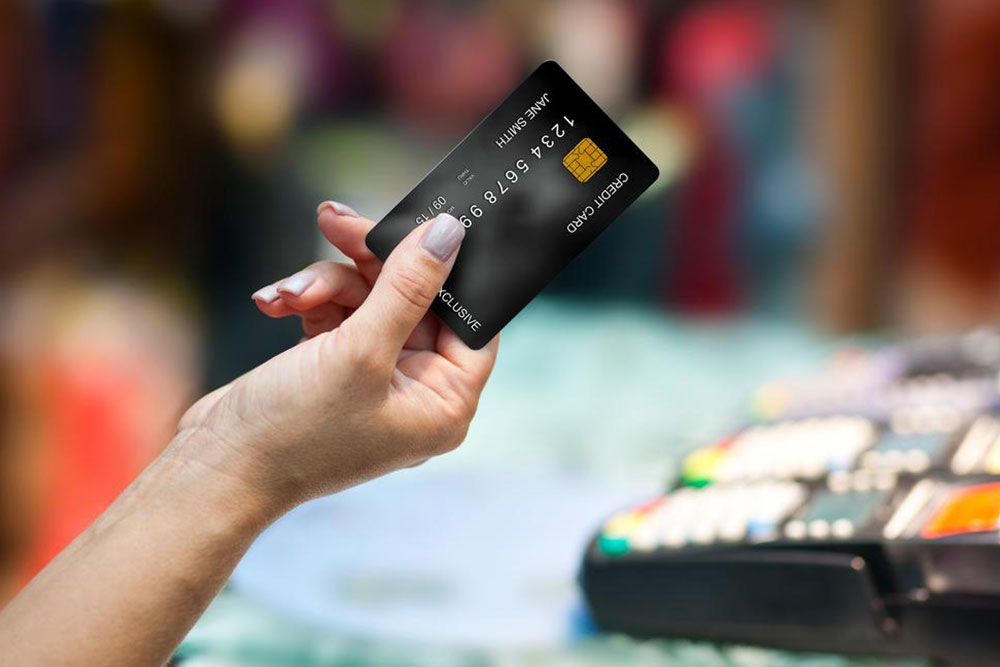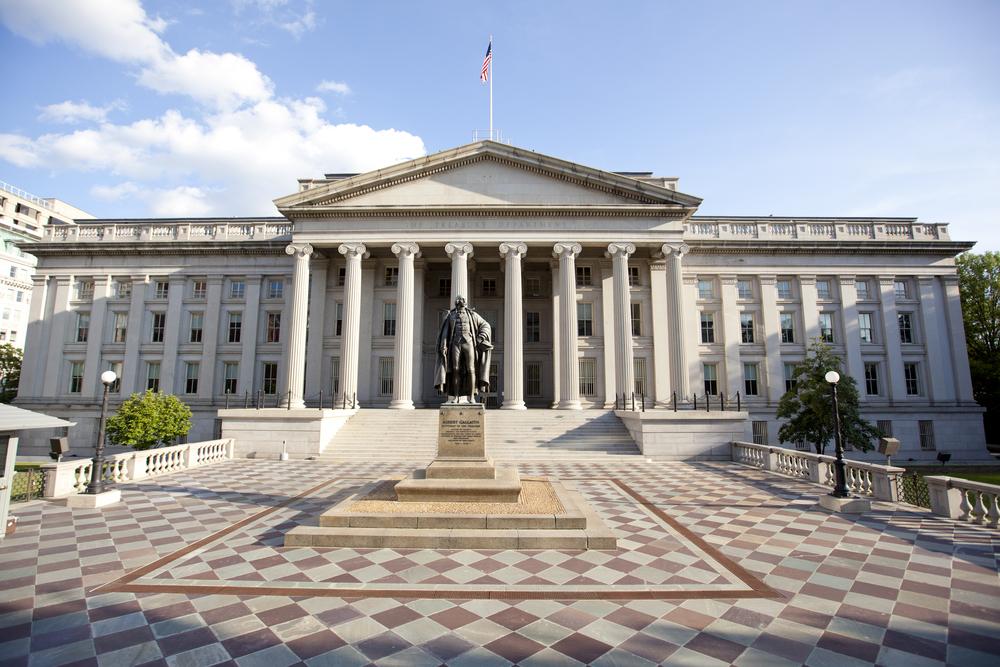Essential Tips Before Applying for Your First Credit Card
Learn essential tips before applying for your first credit card, including choosing secured or unsecured options, understanding grace periods, calculating interest, avoiding fees, and building a good credit score. Responsible use of a credit card can unlock financial benefits and help establish a solid credit history, paving the way for better financial opportunities. This guide offers practical advice for beginners to navigate the process confidently and responsibly.

Top Tips to Consider Before Getting Your First Credit Card
Obtaining your first credit card is an exciting step toward financial independence, offering numerous benefits. It enables you to earn rewards, provides purchase protection, and helps establish a strong credit profile—crucial for favorable loan terms or insurance rates. However, improper use can lead to debt and damage your credit reputation. Understanding key aspects like choosing between secured and unsecured cards, grace periods, interest calculation, minimum payments, and potential fees is vital for responsible credit management.
Before applying, familiarize yourself with these important factors to make informed decisions about managing your first credit card effectively.
Secured vs. Unsecured Cards
Secured credit cards require a cash deposit equal to your credit limit, acting as collateral and reducing lender risk. Unsecured cards do not require a deposit but may have higher eligibility criteria. Starting with a secured card can help build good financial habits and improve your credit score. After some months, you might switch to an unsecured card or cancel the secured one and retrieve your deposit. If you opt for an unsecured card initially, your spending limit may be lower unless you have good credit history or obtain a co-signer.
Understanding Grace Periods
A grace period is a time frame, typically 21-25 days, during which interest is not charged if you pay your balance in full. For instance, a March 10 purchase might have until April 1 to settle without accruing interest. Missing this window results in interest charges. Keep in mind, cash advances usually do not qualify for grace periods and carry higher interest rates and penalties.
Interest Calculation Explained
Paying your full balance monthly avoids interest charges. If carrying a balance, check the Annual Percentage Rate (APR). For example, a 16% APR translates to a daily interest rate of 0.0439% (APR divided by 365). Interest accrues daily on the remaining balance until paid off, increasing your overall debt.
Minimum Payment Determination
Lenders set a minimum monthly payment to help you avoid late fees and maintain your credit. They usually use a percentage of the balance, often between 1-3%, or add interest and fees to the owed amount. For example, with a $1,000 balance, a 3% minimum would be $30. Making at least the minimum ensures your account stays in good standing but paying more reduces debt faster.
Impact on Your Financial Health
A good credit score opens doors to better financial offers. Key factors influencing your score include payment history, credit utilization, length of credit history, types of credit, and new credit applications. Starting with a clean slate, diligent on-time payments and maintaining low utilization (under 30%) help build a strong credit profile. Avoid applying for multiple cards simultaneously and keep accounts active for better credit longevity.
Potential Additional Fees
Be aware of fees like annual charges for rewards cards, balance transfer fees, foreign transaction fees (usually 3-4%), and late payment penalties (around $35). To minimize costs, choose cards with no foreign fees if you travel abroad and pay your bills on time to avoid penalties. Understanding these charges helps you manage expenses effectively and avoid unnecessary costs.
Don't be discouraged by initial application rejections. For newcomers, secured cards with lower limit and fees may be easier to qualify for. Focus on responsible use and timely payments during your first year to grow your credit score. Once you've demonstrated good habits, you can consider upgrading to unsecured cards with higher limits.










